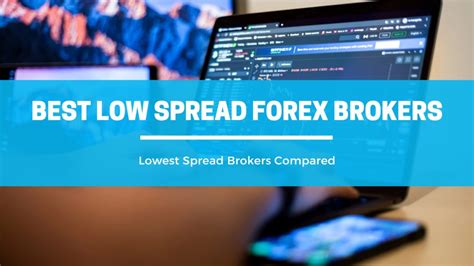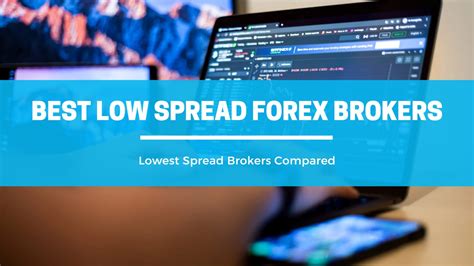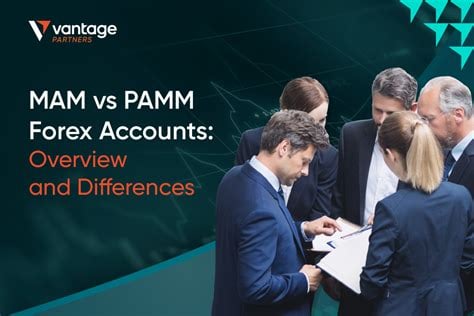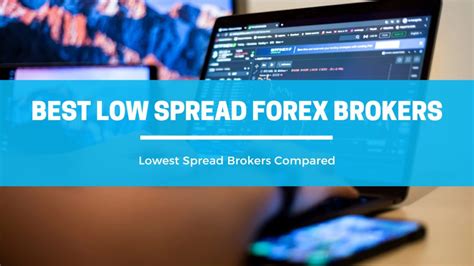
- Forex vs Futures: A Comprehensive Guide for Traders
- Forex vs Futures: Key Differences
- Forex and Futures: Detailed Comparison
- Forex vs Futures: Which Market is Right for You?
- Conclusion
-
FAQ about Forex vs Futures
- 1. What is forex?
- 2. What are futures?
- 3. What are the key differences between forex and futures?
- 4. Which market is larger, forex or futures?
- 5. Which market is more volatile, forex or futures?
- 6. Which market is more suited for beginners?
- 7. Can I trade forex and futures with the same broker?
- 8. Which market is better for long-term investing?
- 9. Which market is better for short-term trading?
- 10. Which market should I choose?
Forex vs Futures: A Comprehensive Guide for Traders
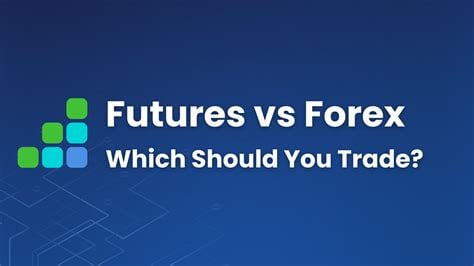
Introduction
Hey readers! Welcome to our in-depth guide on "Forex vs Futures." Whether you’re a seasoned trader or a curious newbie, this article will enlighten you on the fundamental differences between these two prominent financial markets. We’ll cover everything you need to know, from their definitions and instruments to their advantages and disadvantages. So, sit back, relax, and let’s dive into the world of forex and futures.
Forests and futures are two major financial markets that provide traders with opportunities to capitalize on price fluctuations and manage risk. However, despite their similarities, there are some key distinctions that make them unique. Understanding these differences is crucial for making informed trading decisions based on your individual needs and trading style.
Forex vs Futures: Key Differences
1. Definition and Underlying Assets
- Forex (Foreign Exchange): Forex refers to the global decentralized market where currencies are traded. It involves the exchange of different currencies, such as the US dollar (USD), euro (EUR), and Japanese yen (JPY).
- Futures: Futures contracts are standardized agreements to buy or sell a specific underlying asset at a predetermined price on a future date. These underlying assets can include commodities (e.g., oil, gold, corn), currencies, and financial instruments (e.g., stock indices, bonds).
2. Instruments and Trading Mechanisms
- Forex: Forex trading involves the buying and selling of currency pairs, such as EUR/USD or GBP/JPY. Traders speculate on the price movements of these currencies, aiming to profit from exchange rate fluctuations.
- Futures: Futures contracts represent a commitment to buy or sell a specific quantity and quality of an underlying asset at a specific price on a specified date. These contracts are traded on futures exchanges, where buyers and sellers come together to execute standardized agreements.
3. Leverage and Margin Requirements
- Forex: Forex trading typically offers high leverage, allowing traders to control a larger position with a relatively small amount of capital. However, this leverage can also magnify potential losses.
- Futures: Futures contracts also offer leverage, but it is generally lower than in forex trading. Margin requirements, which represent a percentage of the contract value that traders must hold as collateral, vary depending on the underlying asset and the futures exchange.
Forex and Futures: Detailed Comparison
| Feature | Forex | Futures |
|---|---|---|
| Market Type | Decentralized | Exchange-Traded |
| Underlying Assets | Currencies | Commodities, Currencies, Financial Instruments |
| Trading Mechanism | Buying/Selling Currency Pairs | Executing Standardized Contracts |
| Leverage | High | Lower than Forex, Varies by Asset |
| Margin Requirements | Lower | Higher, Varies by Exchange |
| Liquidity | High | Generally High, Especially for Major Futures |
| Volatility | Moderate to High | Can be High, Especially for Commodities |
| Trading Hours | 24/5 | Exchange-Specific Trading Hours |
| Regulation | Varies by Jurisdiction | Regulated by Futures Exchanges |
Forex vs Futures: Which Market is Right for You?
The choice between forex and futures depends on your specific trading needs, risk tolerance, and trading style. Here are some considerations to help you make an informed decision:
1. Trading Experience and Risk Tolerance
Forex trading requires a high level of knowledge and experience due to its decentralized nature and potential for high leverage. Futures contracts, while also involving risk, are generally more straightforward and suitable for beginners who understand contract specifications and exchange rules.
2. Trading Objectives and Time Horizon
Forex is ideal for short-term trading strategies, thanks to its high liquidity and relatively low transaction costs. Futures contracts, with their longer settlement periods, are more suited for medium-term or long-term trading strategies.
3. Available Capital
Forex trading requires a relatively small amount of capital to get started, while futures contracts typically require a higher initial investment due to margin requirements. Consider your available capital when choosing the right market.
Conclusion
Forests and futures offer distinct opportunities for traders. Understanding their key differences, instruments, and trading mechanisms is crucial for making informed trading decisions. Whether you prefer the flexibility and leverage of forex trading or the standardization and stability of futures contracts, there’s a market that meets your specific needs.
Thank you for joining us, readers! If you found this guide helpful, be sure to check out our other articles on trading strategies, market analysis, and risk management. Keep exploring and unlocking the world of financial markets with us.
FAQ about Forex vs Futures
1. What is forex?
Forex is short for foreign exchange. It is the exchange of currencies between two parties at an agreed-upon rate. Forex is traded over-the-counter (OTC), meaning that there is no centralized exchange.
2. What are futures?
Futures are standardized contracts that obligate the buyer to purchase a specific quantity of a commodity or financial instrument at a set price on a future date. Futures are traded on exchanges, such as the Chicago Mercantile Exchange (CME).
3. What are the key differences between forex and futures?
- Underlying asset: Forex involves the exchange of currencies, while futures can be based on a variety of underlying assets, such as commodities, indices, and currencies.
- Trade: Forex is traded OTC, while futures are traded on exchanges.
- Settlement: Forex transactions are usually settled immediately, while futures contracts are settled on a future date.
- Leverage: Forex brokers typically offer high leverage, while futures exchanges offer lower leverage.
4. Which market is larger, forex or futures?
The forex market is the largest financial market in the world, with an estimated average daily trading volume of $6.6 trillion. The futures market is significantly smaller, with an estimated average daily trading volume of $125 billion.
5. Which market is more volatile, forex or futures?
Both forex and futures markets can be volatile, but forex is generally considered to be more volatile than futures. This is because forex is traded 24 hours a day, five days a week, while futures contracts have specific trading hours.
6. Which market is more suited for beginners?
Forex is generally considered to be more accessible for beginners than futures. This is because forex brokers offer lower minimum trade sizes and provide more educational resources.
7. Can I trade forex and futures with the same broker?
Yes, many brokers offer both forex and futures trading.
8. Which market is better for long-term investing?
Futures are generally considered to be better for long-term investing than forex. This is because futures contracts have a fixed expiration date, which provides certainty for investors.
9. Which market is better for short-term trading?
Forex is generally considered to be better for short-term trading than futures. This is because forex is more liquid and offers more opportunities for short-term profit.
10. Which market should I choose?
The best market for you will depend on your individual trading style, risk tolerance, and financial goals.

